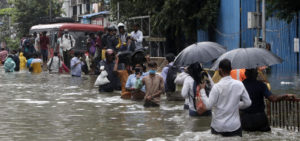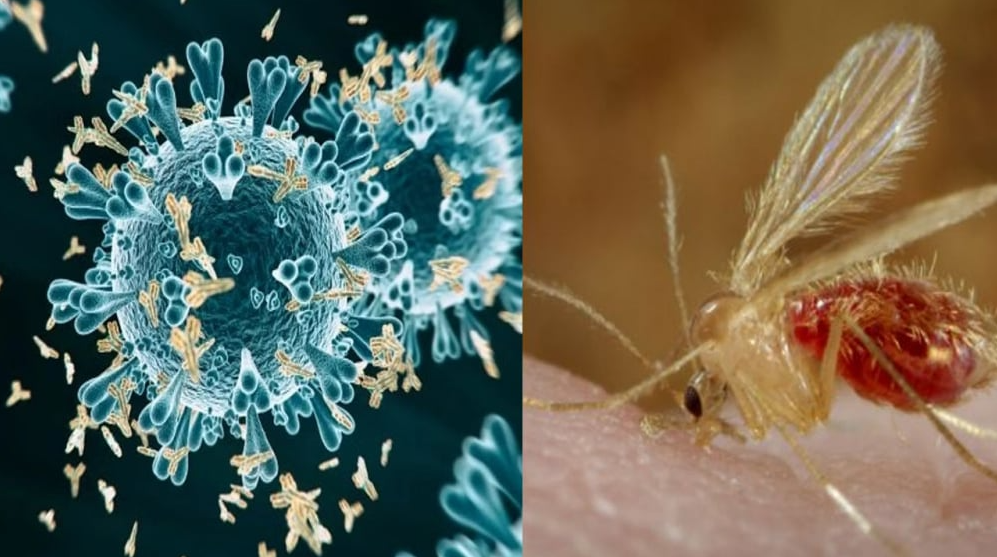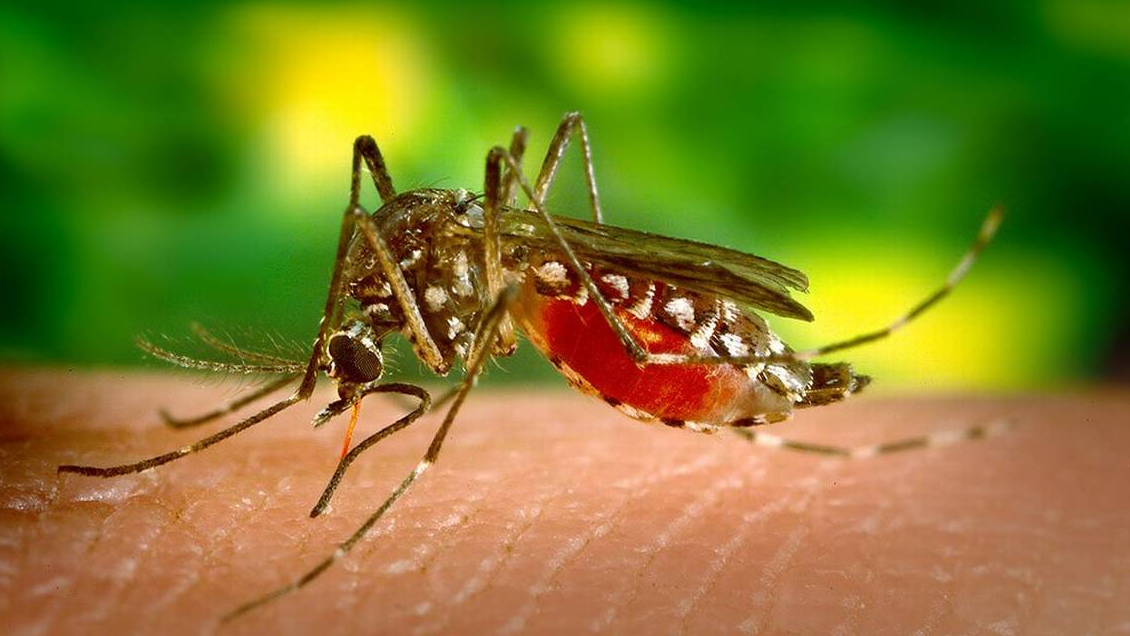A resurgence of whooping cough, a highly contagious respiratory illness, has health officials around the world urging people to be vigilant. The disease, also known as pertussis, is characterized by uncontrollable coughing fits that can make it difficult to breathe. This severe form of cough infection is spreading rapidly across several countries, including China, the Philippines, the Czech Republic, and the Netherlands.
Whooping cough can affect people of all ages. It can be particularly dangerous for infants who haven’t yet received all their vaccinations. Complications from whooping cough can include pneumonia, seizures, and even death.
What Is Whooping Cough?
Whooping cough, also known as pertussis, is characterized by severe coughing fits followed by a distinctive “whooping” sound as the affected person gasps for air. The disease can be particularly severe in infants and young children, sometimes leading to complications such as pneumonia, seizures, and even death.
Symptoms of Whooping Cough
- Persistent cough, often lasting for weeks
- Whooping sound during inhalation after a coughing fit
- Vomiting after coughing
- Fever
- Runny nose
Importance of Early Diagnosis:
Anyone experiencing these symptoms should seek medical attention immediately. Early diagnosis and treatment with antibiotics can help shorten the illness and prevent the spread of the infection.
How to Stay Safe:
- Vaccination: Getting vaccinated is the single most effective way to prevent whooping cough. The DTaP vaccine protects against diphtheria, tetanus, and pertussis. Children typically receive a series of DTaP shots throughout their childhood, with booster shots recommended for adolescents and adults.
- Good Hygiene: Frequent handwashing with soap and water, especially after coughing or sneezing, can help prevent the spread of germs. Avoiding close contact with people who are sick is also crucial.
Global Health Response:
The World Health Organization (WHO) is monitoring the situation closely and urging countries to strengthen their immunization programs. Public health officials are also working to raise awareness about the symptoms and the importance of preventive measures.
While a cause for concern, the outbreak can be effectively addressed through increased vaccination rates and proper hygiene practices. By staying informed and taking steps to protect themselves and their loved ones, individuals can help curb the spread of this preventable disease.





































